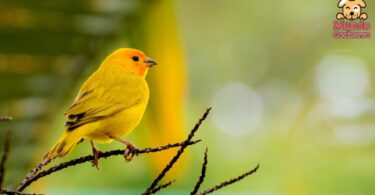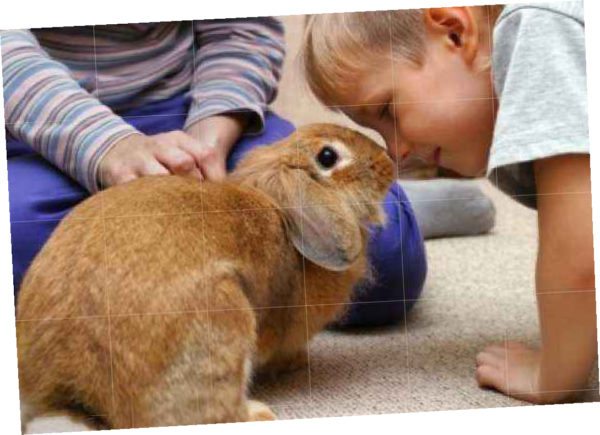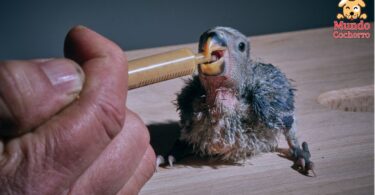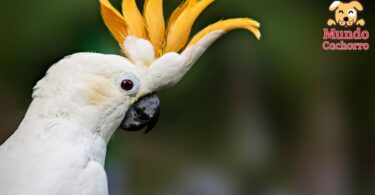Parrots are one of the most popular winged pets around the world and in thousands of homes. But do you know how long a parrot can live? The reality is that the life expectancy of a parrot can vary significantly depending on the species and the care it receives. Some parrot species may live relatively short lives, while others may live quite long. Of course, always measuring time with respect to the life of human beings.
Indice
In general, smaller parrots, such as budgerigars, lovebirds and small cockatiels, usually have a life expectancy of approximately 10 to 20 years. Some medium-sized parrots, such as African grey parrots, can live 25 to 50 years or more. And larger species, such as macaws and cockatoos, can have a life expectancy of 50 to 80 years or even longer.
Proper care, balanced feeding, enriched environment and access to regular veterinary care are key factors in helping to increase a parrot’s life expectancy. Parrots are long-term pets and require a long-term commitment to ensure that they have a healthy and happy life.
How long a parrot can live
As mentioned above, parrots can live a long and happy life with proper care. That is why if you are considering adopting such a pet, you should first research and understand the specific needs of the parrot species you wish to keep as a pet.
This is because while parrots can be wonderful companions, it is essential to be prepared to care for them properly throughout their lives. Providing them with proper care and unconditional love will contribute to a happy and healthy life for your parrot. Always seek specific information about the species of parrot you have and consult a veterinarian specializing in birds if you have any questions or concerns about their health.
Care
Caring for a parrot requires dedication, patience and knowledge of its specific needs. Here are some tips for providing a suitable environment and maintaining the health and well-being of your parrot.
- Spacious cage: Provide a cage large enough for the parrot to stretch its wings and move around comfortably. It should also have enough space for toys and accessories.
- Toys and enrichment: Parrots are intelligent and active animals that need mental stimulation. It provides a variety of toys, swings and accessories to keep them entertained and avoid boredom.
- Balanced diet: Feed your parrot a balanced diet that includes a mix of seeds, fruits, vegetables and quality pellets. Avoid giving them toxic foods for parrots, such as chocolate, avocado or salty and fatty foods.
- Clean, fresh water: Make sure he always has access to clean, fresh water.
- Interaction and socialization: Parrots are social birds and need time out of the cage to interact with you and other family members. Take time to play, talk and train your parrot.
- Baths and showers: Most parrots like to bathe. Provide a shallow container with water or spray it with a spray bottle so it can clean its feathers.
Image courtesy of https://pixabay.com, all rights reserved.







